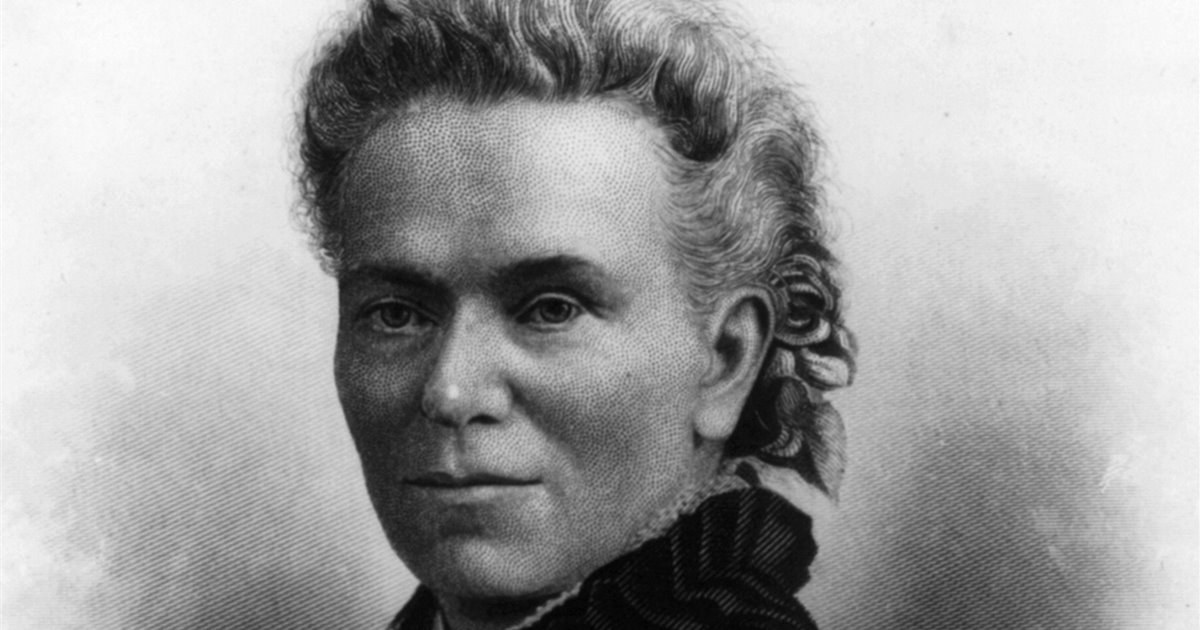How we teach ...
With Alex’s background in participatory education for sustainable development and Nikki’s long-standing involvement in teaching and knowledge transmission, we are passionate about making learning fun since this makes it easier and more likely to stick. Storytelling is one method that we find works well.
We also endeavour to pioneer holistic, inclusive and diverse ways of teaching that help people past educational trauma to reclaim their own learning intelligences so that they can take the knowledge they are seeking into themselves in a way that becomes part of them.
The emphasis is on practical, experiential knowledge that the student can apply in their own life, backed up by the theoretical and scientific knowledge necessary to give an in-depth understanding of plant medicine and its safe and respectful application.
We follow relational and experiential learning principles and participatory education. We help students to develop their own unique learning path and approach to become the best herbalist they can be. The assignments are all formative, enabling the student to produce a portfolio of achievement with the only exams being the final assessments. The students are supported by their mentors and tutors, who give feedback and suggestions on how best to expand the work being undertaken.
Reiterative teaching methods help people to embed their learning in an easy and fun way.
By removing the pressure of competition and the stress of examinations and multiple-choice assessments set to benchmark the students, each one can explore and learn in the way that best suits them and their capacity to develop knowledge rather than just accrue information. Critical analysis, relational learning, discernment, tacit knowledge and kinaesthetic learning are all part of the approach we take. Our course does not suit people looking for reductive scientism.
Erasing Women from Science? There’s a Name for That

Countless women scientists have been shunted to the footnotes, with credit for their work going to male colleagues. This is called the Matilda Effect.
